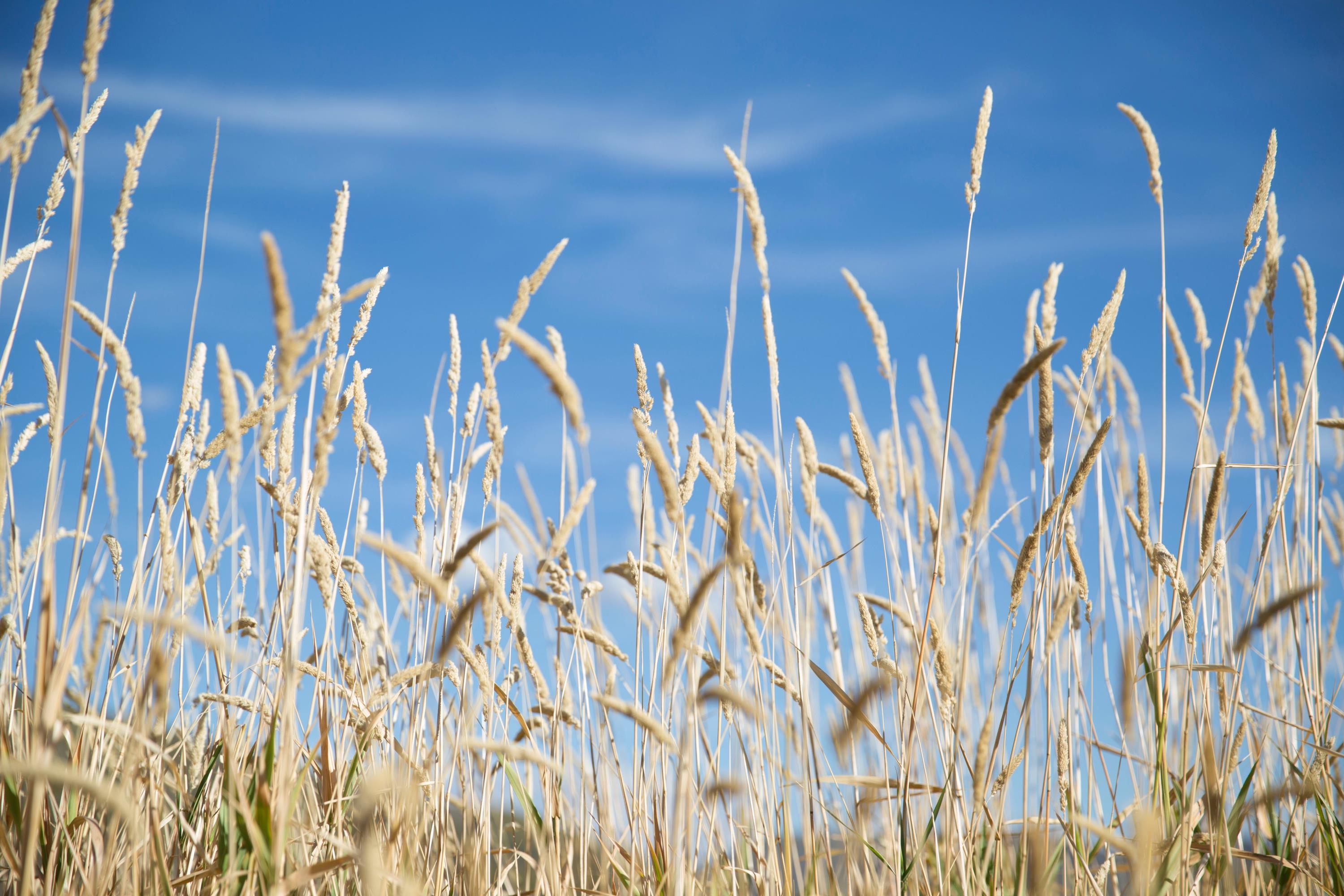
Americans first began the custom of weekday voting in 1845, when Congress passed a federal law designating the first Tuesday following the first Monday in November as Election Day.
Before then, states were allowed to hold elections any time they pleased within a 34-day period before the first Wednesday in December, but this system had a few crucial flaws. Knowing the early voting results could affect turnout and sway opinion in states that held late elections, and those same last-minute voters could potentially decide the outcome of the entire election. Faced with these issues, Congress created the current Election Day in the hope of streamlining the voting process.
But why a Tuesday in November?
The answer stems from the agrarian makeup of 19th-century America. In the 1800s, most citizens worked as farmers and lived far from their polling place. Since people often traveled at least a day to vote, lawmakers needed to allow a two-day window for Election Day. Weekends were impractical, since most people spent Sundays in church, and Wednesday was market day for farmers.
With this in mind, Tuesday was selected as the first and most convenient day of the week to hold elections. Farm culture also explains why Election Day always falls in November. Spring and early summer elections were thought to interfere with the planting season, and late summer and early fall elections overlapped with the harvest. That left the late fall month of November—after the harvest was complete, but before the arrival of harsh winter weather—as the best choice.
Election Day is now a civic holiday in states including Delaware, Hawaii, New York, New Jersey and the territory of Puerto Rico. Many activists have called for Election Day to become a federal holiday, so people can take time to vote without missing work.
THANKS TO THE HISTORY CHANNEL